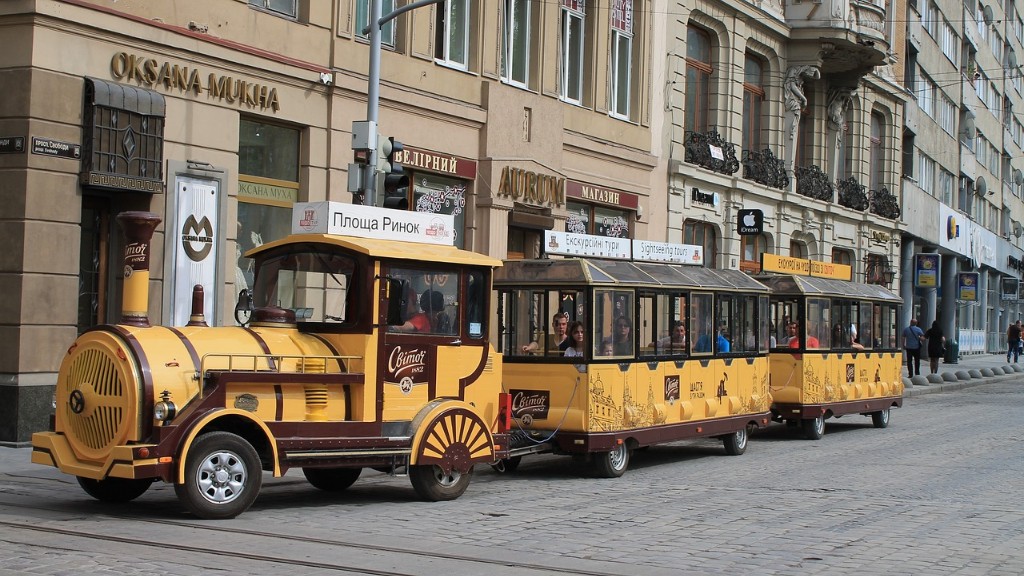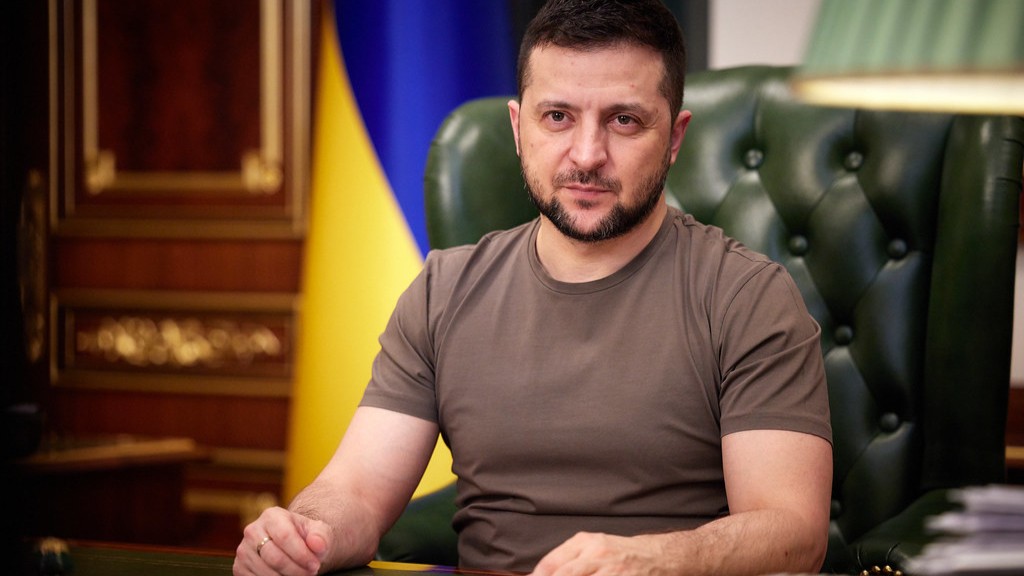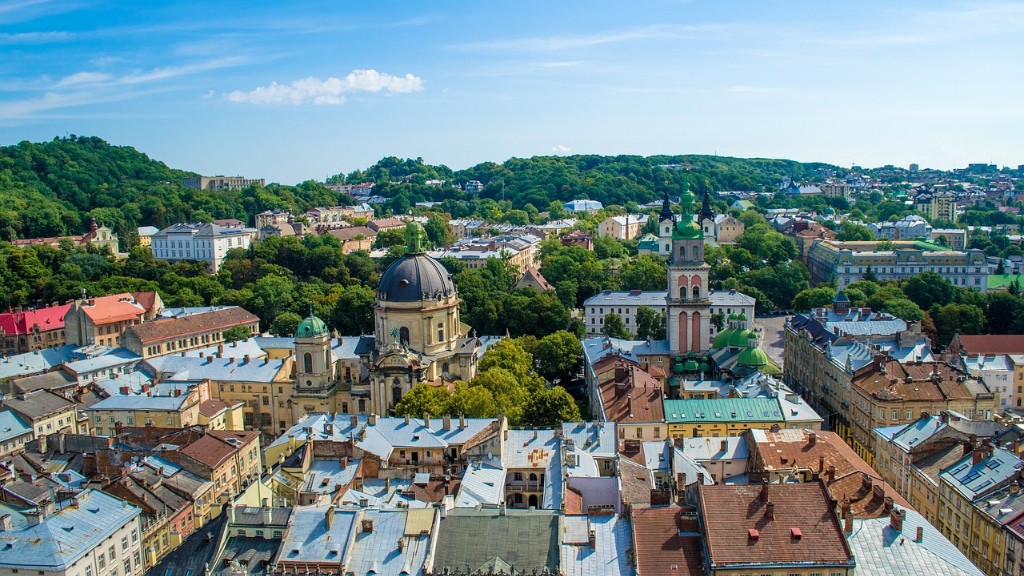Overview of the History of the Conflict
Since the beginning of the conflict in 2014, Ukraine has lost much of its territory due to the Russian-backed insurgency. The Donbass region, located in Eastern Ukraine, is the region most affected by the conflict. The region borders Russia and has a population of about 4.3 million people, most of whom are ethnic Russians. Before the conflict, the Donbass area was largely pro-Ukraine. However, when the war broke out, many of those who lived there began to support the insurgents.
The conflict in the Donbass region erupted following months of tension between pro-Russian separatists, and the government in Kyiv, who wanted to keep the region part of Ukraine. The separatists, backed by Moscow, have fought for control of the region since 2014. During this time, Ukraine has lost control of most of the eastern portion of the Donbass region. The region was also the scene of a disputed Ukrainian presidential election in 2019, which was won by Russia-backed candidate Volodymyr Zelensky.
Since the start of the conflict, Ukrainian forces have been forced to retreat from much of the Donbass region. In 2019, the Ukrainian government declared a ceasefire in the region in order to try to bring the conflict to an end. However, despite this, there has been sporadic fighting between Ukrainian forces and Russia-backed separatist forces since then.
Economic Impact on Ukraine
The conflict has had serious economic implications for Ukraine. Due to the loss of control of the Donbass region, Ukraine has had to adjust its budget and spending plans, with some areas receiving less financial support than others. This has had an especially negative impact on the country’s industry, agriculture, and infrastructure sector, with the scale of the losses estimated to be in the billions of dollars.
In addition, the conflict has led to a decline in foreign investment in the country as investors worry about the instability. This has had a further impact on the Ukrainian economy, with GDP growth expected to slow over the next few years. Moreover, the conflict has led to a decline in consumer confidence in the country, with the apparel industry among the worst affected.
Finally, the conflict has also led to an increase in the cost of living in Ukraine, with food prices on the rise. This has had an especially negative impact on those on low incomes, who often struggle to make ends meet even in normal times.
Political Impact on Ukraine
The conflict has had serious political repercussions for Ukraine as well. Since the start of the conflict, the country has been split between pro-Russian and pro-Ukrainian factions, with both sides accusing the other of being responsible for the violence in the region. This has created an atmosphere of mistrust and hostility between the two sides.
The conflict has also undermined democracy in Ukraine, with the government becoming increasingly authoritarian in order to try to control the situation in the Donbass region. This has led to a crackdown on civil liberties, with human rights groups condemning the government’s actions. In addition, the conflict has fuelled anti-government sentiment in Ukraine.
Moreover, the conflict has led to a decrease in foreign aid to Ukraine as many Western countries are reluctant to provide aid to a government that is seen as increasingly authoritarian. This has further compromised Ukraine’s ability to deal with the crisis in the Donbass region.
International Efforts to Resolve the Conflict
The international community has been largely engaged in trying to broker a peaceful resolution to the conflict in Ukraine. Since 2014, the United States and European countries have been actively engaged in attempting to find a diplomatic solution to the conflict. However, their efforts have so far been fruitless, with the conflict continuing to rage on.
In addition, the United Nations has been involved in efforts to broker a peace deal, as have the Organization for Security and Cooperation in Europe (OSCE) and other international actors. However, progress has been slow and it is unclear when a deal will be reached. Meanwhile, the conflict in the Donbass region continues to claim civilian lives and cause economic devastation in the region.
Impact of Russian Involvement on Ukraine
The role of Russia in the conflict has been a major factor in Ukraine’s losses. Since 2014, Russia has been providing military, financial, and political support to separatists in the Donbass region. This has enabled them to gain ground in their fight against the Ukrainian government and helped to protract the conflict.
In addition, Russia has used the conflict to exert political influence over Ukraine. It has done so through the use of economic sanctions, which have been used as leverage to get the Ukrainian government to accept Russia’s demands in the conflict. Moreover, Russia has been accused of using the conflict to interfere in Ukraine’s internal affairs.
Finally, it is widely believed that Russia has been actively working to undermine Ukrainian territorial sovereignty in the Donbass region. This has led to a loss of confidence in Ukraine’s government as many Ukrainians feel that their government is unable to protect them from what they see as an external threat.
Impact of the Conflict on Ukrainian Society
The conflict in Ukraine has had a profound impact on the country’s society. Over the past six years, the conflict has taken a heavy toll on the civilian population. Thousands have died and millions have been displaced due to the conflict. This has led to an increase in poverty and a decrease in education in the region, as schools and hospitals have been destroyed by fighting.
The conflict has also had a psychological impact on Ukrainians, with many feeling traumatized by the experience. This has resulted in an increase in depression, anxiety, and other mental health issues, especially among those who have lived in the conflict zone. In addition, the conflict has exacerbated existing social divisions in Ukraine, with many Ukrainians feeling alienated from their government and feeling a sense of distrust and division.
Finally, the conflict has also had a significant impact on Ukraine’s international reputation. Since 2014, many in the international community have seen the country as an unstable state, which has hampered its efforts to attract foreign investment and boost economic growth.
Impact on US-Russian Relations
The conflict in Ukraine has had a significant impact on the relations between the United States and Russia. Since 2014, the two countries have been engaged in a geopolitical rivalry, which has been heavily influenced by the crisis in Ukraine. This polarization between the two countries has been further exacerbated by the US support for Ukraine, which has been seen by Moscow as interference in its internal affairs.
This has deepened mistrust between the two countries, especially in the aftermath of US sanctions against Russia. Moreover, it has also had an impact on the international order, as the US and Russia have sought to use the conflict in Ukraine to increase their own influence in the region.
Finally, the conflict has also affected the security situation in Europe. The presence of Russian forces in Ukraine has raised fears of further military aggression by Moscow in the region, which has led to a heightened sense of insecurity in the region.
Future Outlook for Ukraine
The future of Ukraine remains highly uncertain. It is likely that the conflict in the Donbass region will continue to linger on, with both sides unwilling to compromise and fighting showing no signs of abating. This is likely to have further implications for the Ukrainian economy and society in the coming years.
It is also likely that the conflict will continue to affect US-Russian relations in the foreseeable future. The two countries are likely to remain at loggerheads for the foreseeable future, with the conflict in Ukraine acting as a major source of tension between them.
Finally, it is unclear how the conflict in Ukraine will be resolved in the long-term. It is likely that the conflict will continue to have a major impact on the country, and the international community must continue to work towards a peaceful resolution.





